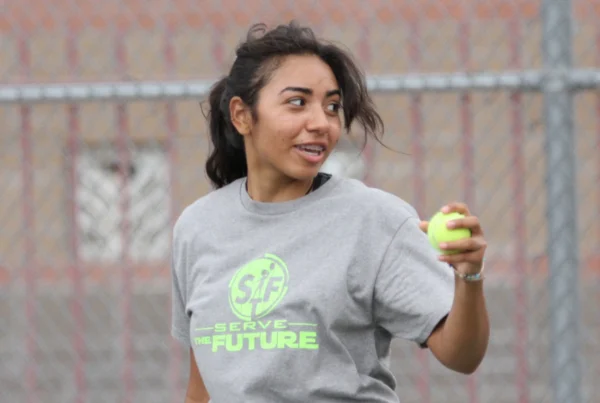Guest Writer: Elijah Garcia, LPC and Trauma Therapist at Childhelp Children’s Center of Arizona
Athletes, no matter the level of competition, are typically expected to embody the highest level of performance, mental capacities, and resiliency. Mental well-being directly affects athletic performance, stress management, and overall capability of facing life’s obstacles. There is a range of psychological issues that can grow and have long-term impacts, such as anxiety, depression, eating disorders, substance abuse, traumas, and PTSD. Over the past few years, we have seen more professional athletes such as Simone Biles, USA Olympic Gymnast, Naomi Osaka, US Pro Women’s Golfer, and Michael Phelps, Olympian Swimmer, to name a few who have courageously spoken out about the impacts of mental health challenges and potential abuse that has shed light to the demand of urgent attention in the world of sports.
Understanding athlete abuse
The sad truth is that engaging in sports is highly encouraged from childhood and adolescence to improve social skills with peers, engage in an activity that helps improve exercise, physical movement, and health, enhance team player skills, and grow a sense of individual accomplishment and motivation. Perpetrators can include coaches, trainers, peers, team doctors (s), and adult authority figures. Athlete abuse can occur in many forms- physical, emotional, psychological, financial, and sexual.
- Physical abuse: excessive or inappropriate physical punishment and overtraining, leading to injuries and long-term health issues.
- Emotional abuse: Verbal insults, belittlement, and psychological manipulation that can cause impairments in one’s self-esteem and worthiness.
- Sexual abuse: Unwanted or unsolicited inappropriate touching, harassment, and or assault without a given consent or a gap of age from athlete to authority figure.
- Financial exploitation: Depending on the level of competition, some athletes may face exploitation from misuse of earnings, unfair contracts, or mismanagement of incoming earnings.
Athlete Mental health
Coaches, athletes, and parents often misunderstand the impact of mental health if they don’t overlook it entirely. Only recently, mental health and education on athlete abuse have been getting the attention these topics deserve. There are constant pressures to perform at the highest level, day in and day out, to maintain a given role or starting position on the team. There is an overwhelming need to keep a particular physique or body image that can result in unhealthy patterns or habits to sustain what is expected. Some athletes can turn to substance and drug use as a way to cope with all the challenges faced as a competitor.
Athlete advocacy
From elementary community sports to collegiate aspiring athletes to the ultimate world professional level(s), mental health needs to be addressed and taken into action. Education and awareness about the signs of abuse and importance of mental health are crucial. This can be more education in schools and universities and training programs for coaches, athletes, and sports personnel. An increase in mental health services and/ or team professional providers for easier access to care and support. Lastly, more of an open conversation and normalization of how important mental health is on and off the field. To conclude, mental health of athletes is a critical aspect of their overall well-being and quality of life that can no longer be overlooked. Engaging more hands-on in learning the warning signs, advocating for athletes, and taking a proactive approach to creating a safer environment creates opportunities to help athletes thrive mentally and physically for current and future generations.




